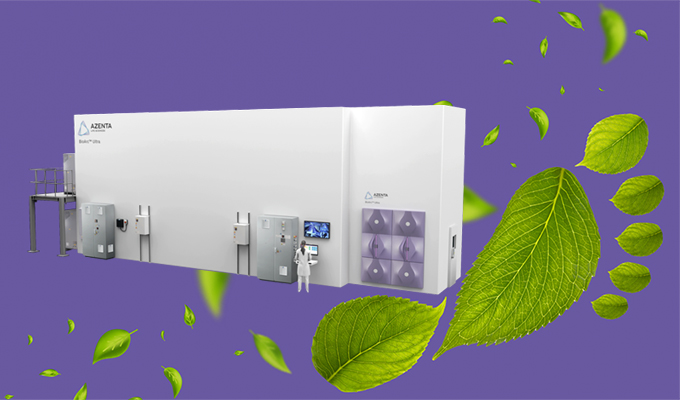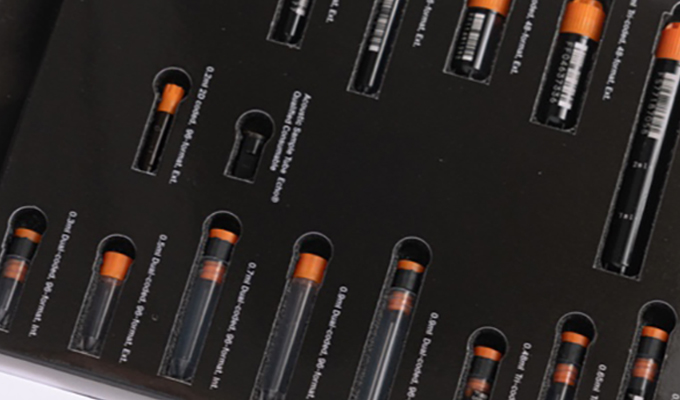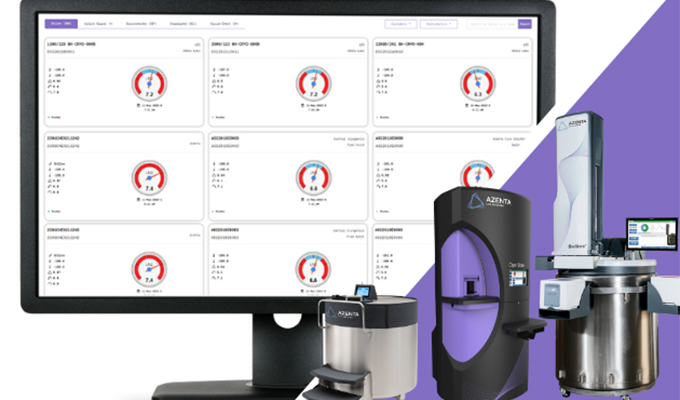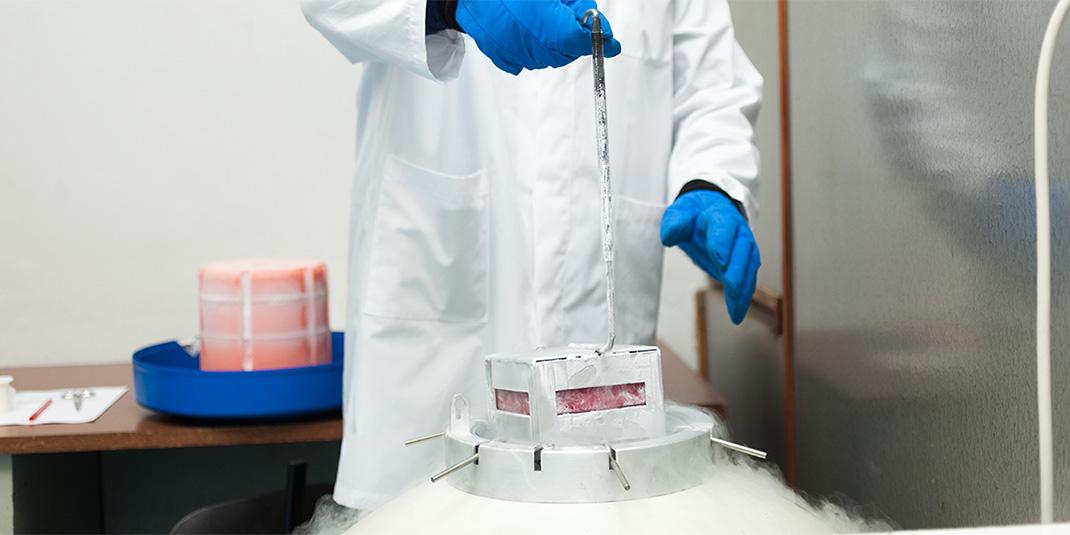Large volume dry shipper containers are commonly used in Life Science applications to ship large collections of biological material that need to be maintained at cryogenic temperatures. These specially designed containers utilize liquid nitrogen to keep material cold, while special absorbent medium helps prevent liquid nitrogen outflow. This feature maintains biological sample integrity while ensuring the safety of both users and transporters.
Dry Shipper Fleet Management
The Centers for Disease Control and Prevention (CDC) estimates that close to $300 million dollars are lost each year due to cold chain failures during shipping and handling of vaccines alone. Improper preparation and handling of dry shippers can lead to sample degradation and loss of valuable material. Ensuring your biological materials stay cold from departure to destination requires dependable large volume dry shippers, reliable temperature monitoring, and well-trained shipping staff.
When it comes to transporting your sensitive biological samples using dry shippers, careful attention to these three key attributes can ensure that the samples remain fully protected throughout the cold chain.
1. Dependable Storage
Dry shippers come in a variety of volumes, and there is a wide range of variation in both quality and capabilities of containers. Some containers are rated to stay cold for a few hours, others are designed to hold temperatures for upwards of two weeks. Even the highest quality dry shippers can begin to falter over time as vacuum seals and absorbent materials in the vessel begin to deteriorate. It is important to properly maintain and monitor dry shippers to ensure that cryopreserved biological material is safe during longer trips. Routine evaporation tests and data loggers can help shipper track the ability of their large volume dry shippers to hold cold temperatures.
2. Reliable Temperature Monitoring
GPS enabled data loggers are used to keep a record of temperatures inside the large volume dry shipper, and can be configured to alert users if temperatures get too high. Data loggers are often necessary to confirm that the cold chain was maintained during shipment, particularly for biomedical materials for which knowledge of biological integrity is essential. However, improperly placed data loggers can reduce the cold storage time of a container. Working with a specialist when installing and maintaining large volume dry shipper data loggers reduces the risk of losing temperature stability due to incorrect logger usage.
3. Well-Trained Lab Movers
Large volume dry shipper containers are designed and tested to maintain ultra-cold temperatures for days when kept in an upright position. However, a container that would hold cryogenic temperatures for two weeks in an upright position may only maintain these temperatures for a few hours if laid on its side. Shipping staff that are not properly trained in cold chain equipment and management may not follow posted “this side up” stickers and hazard labels when transporting containers. Shipping services that specialize in biological transport understand and respect the importance of handling large volume dry shippers properly during every step of the process.
It is possible to maintain a complete ultra-cold chain of custody during transport of large biological collections using well managed large volume dry shippers in the hands of qualified professionals. By selecting the appropriate size and rating of container, practicing regular dry shipper maintenance testing, properly using GPS enabled data loggers, and utilizing well-trained lab movers, shippers can ensure that their valuable biological materials reach their destination without losing integrity. Working with a cold chain specialist is critical to the process.
Learn about large volume biological material transport services at Azenta Life Sciences!









